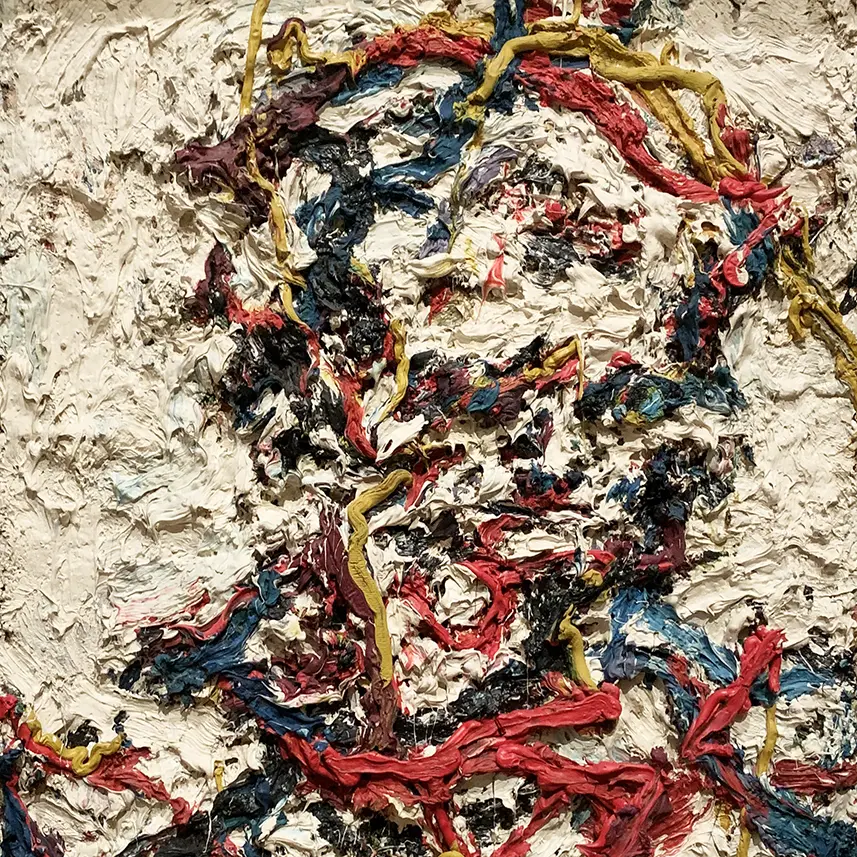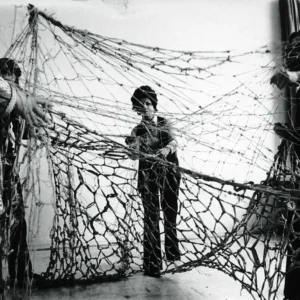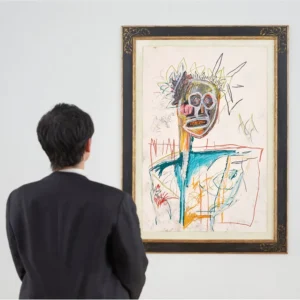Frank Auerbach has died at the age of 93. He is remembered in the art world as one of the most committed and unyielding painters of the post-war era. His seven-decade career stands as a testament to the transformative power of art—a force capable of transcending individual tragedy and uncovering universal truths.
The Holocaust’s traumas had a profound effect on his early years. Born to Jewish parents in Berlin in 1931, Auerbach escaped the tragedy that befell his parents, who perished in Auschwitz in 1943. In 1939, at the age of eight, Auerbach was relocated to Britain through the Kindertransport.
Despite haunting Auerbach’s life, this significant loss did not clearly define his paintings. Rather, he used his experiences to fuel his lifelong quest for human truth, which he expressed through his very tactile and emotional painting style.

The intense engagement with materiality and devotion to the act of seeing define Auerbach’s work. He produced fewer depictions of the world and more physical representations of it by applying thick coats of paint that frequently turned his canvases into nearly sculpture-like objects.
Auerbach’s art was deeply rooted in his immediate surroundings, most famously, the people who sat for him regularly over decades, such as Estella Olive West and his long-time friend and model Juliet Yardley Mills. These portraits, created through countless sessions, capture not just their likenesses but something deeper their presence, their humanity, and the weight of time shared between artist and subject.
Auerbach’s landscapes and cityscapes, particularly of his adopted home of London, explored transformation and renewal. He painted the city with the same fervor as his sitters, capturing London’s postwar rebuilding and evolution with a sense of dynamism and struggle. The city’s constant flux mirrored his own personal and artistic journey, transforming his displacement as a child into a deeply rooted connection to his environment.
Auerbach was renowned for his unrelenting method, reworking his canvases over the course of weeks, months, or even years, wiping paint, and starting over until he was satisfied. His paintings were filled with an emotional depth and a feeling of hard-won resolve by this methodical and labor-intensive methodology, which demanded an equally profound connection from his audience.
Auerbach was a central figure of the School of London, alongside Lucian Freud, Francis Bacon, and Leon Kossoff. He resisted the prevailing currents of abstraction and conceptualism in favor of realistic painting as a way to deal with the complexity of life. His works are praised for their honesty and intensity, although occasionally divide people due to their rawness.





